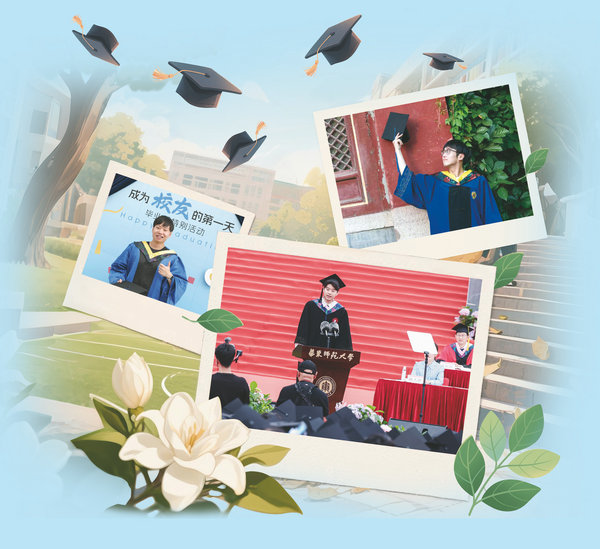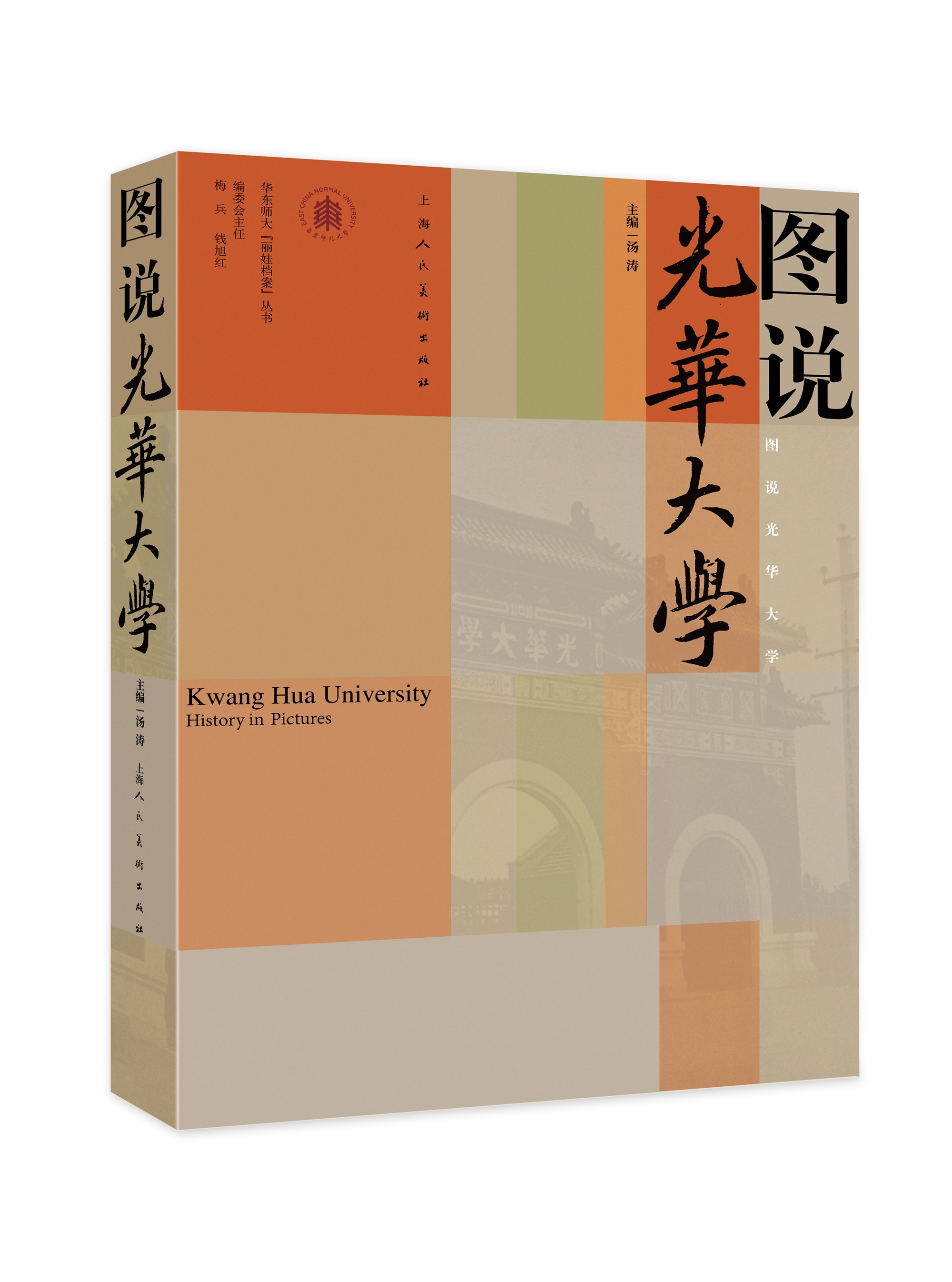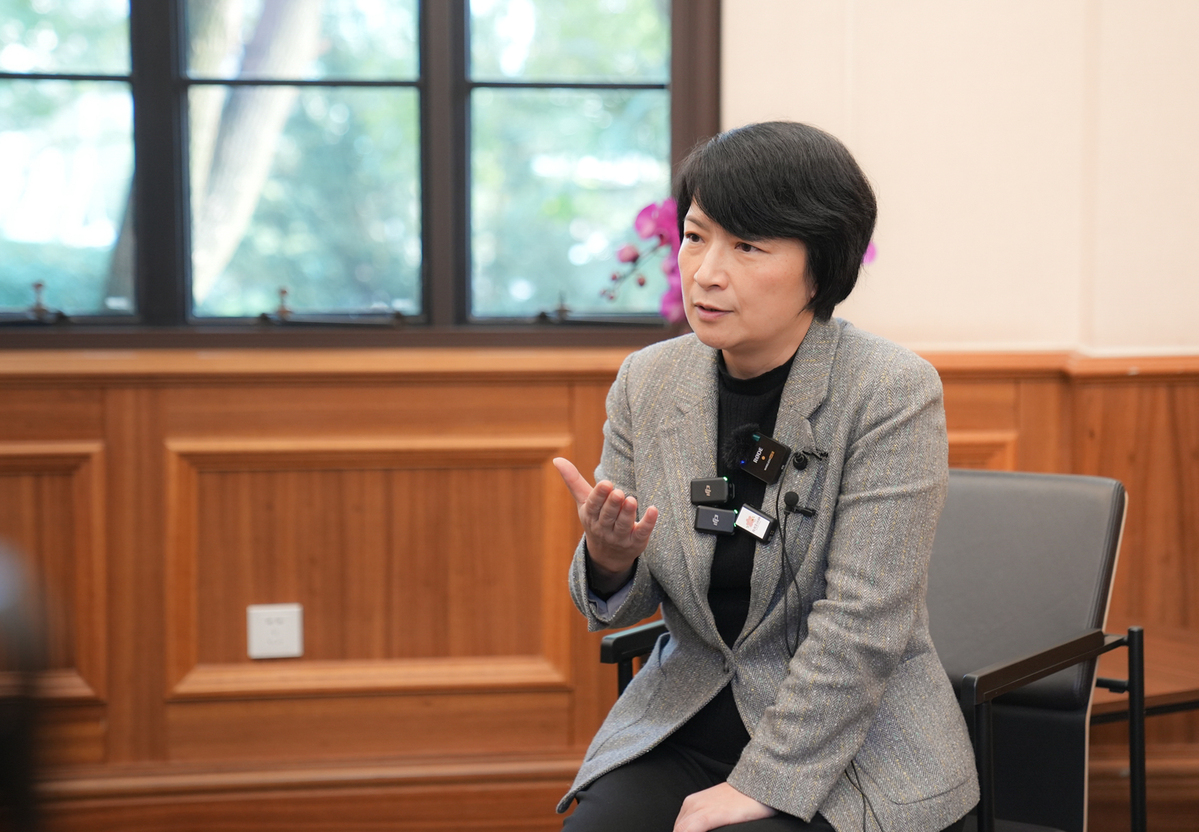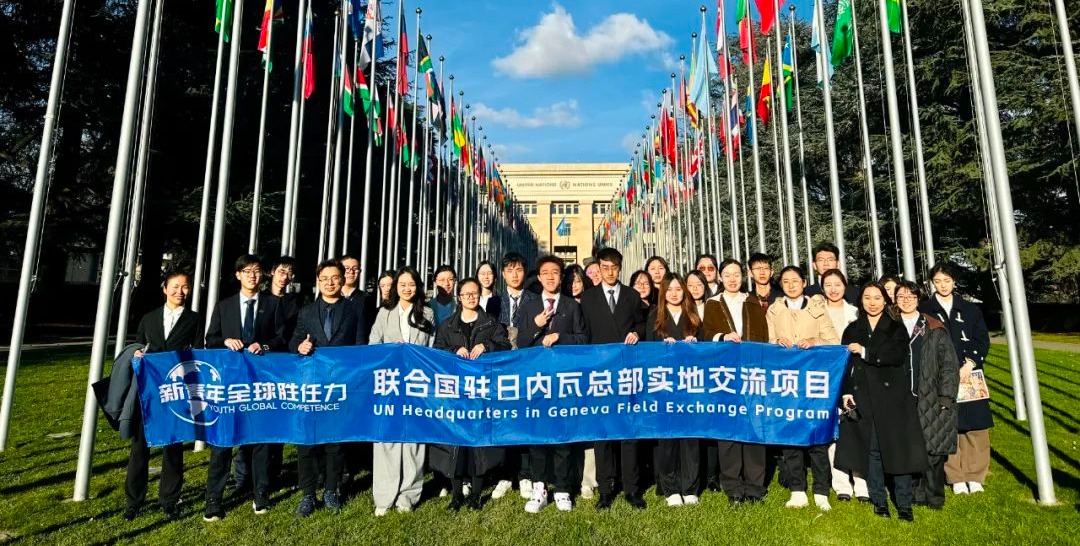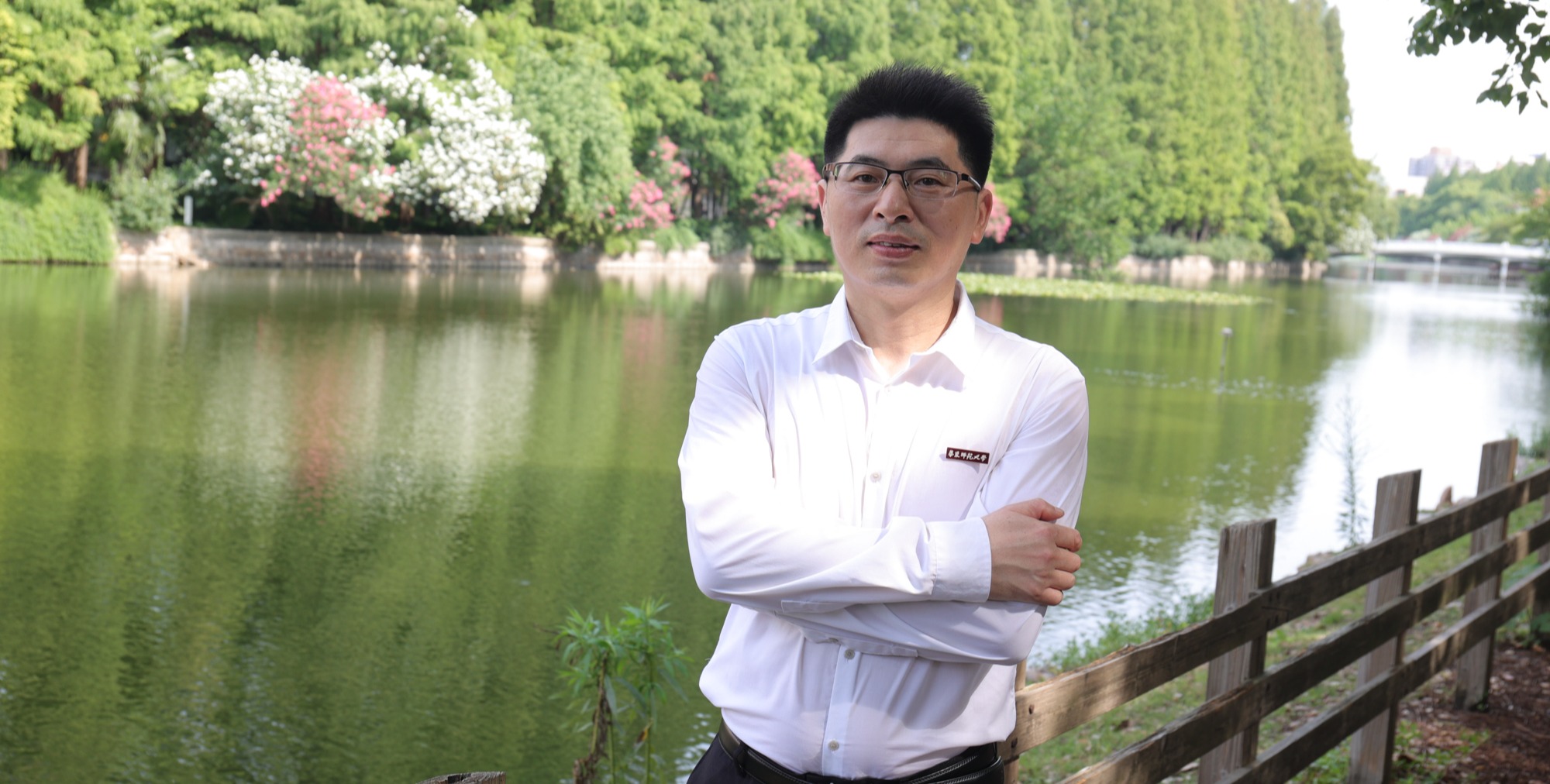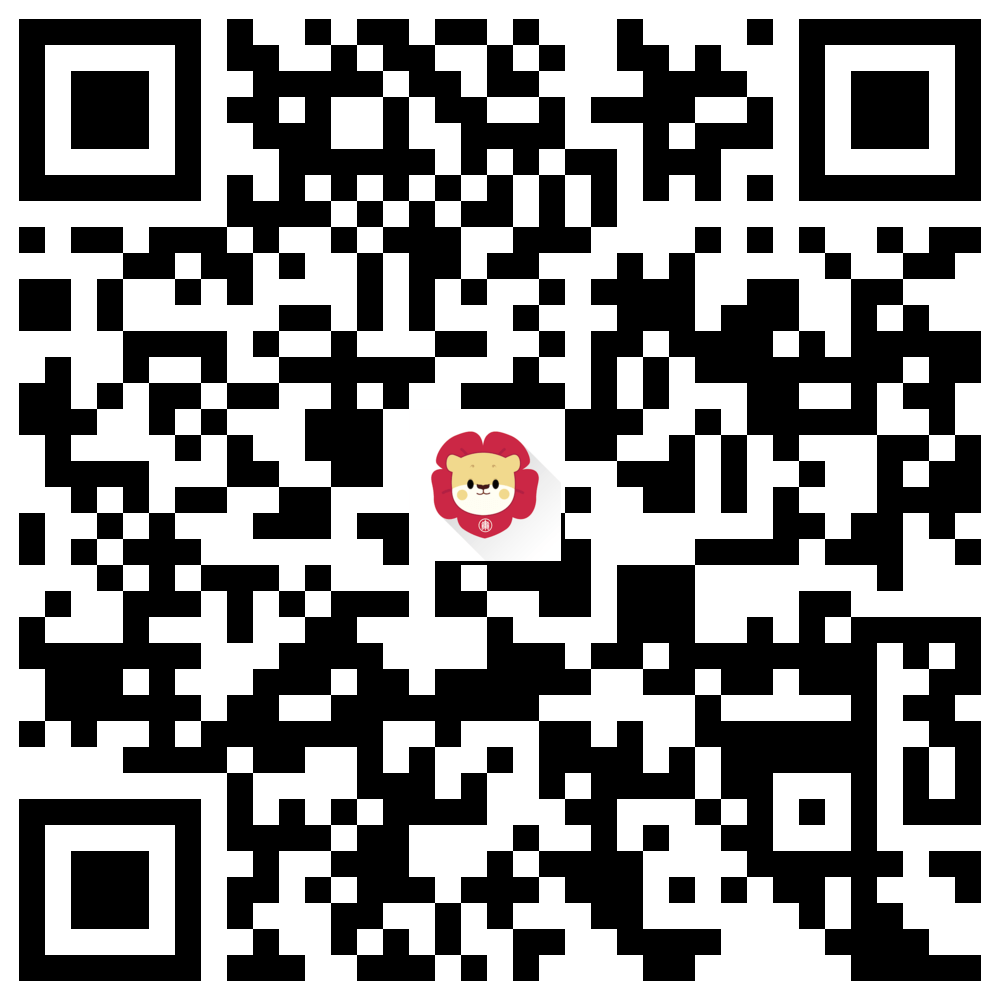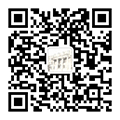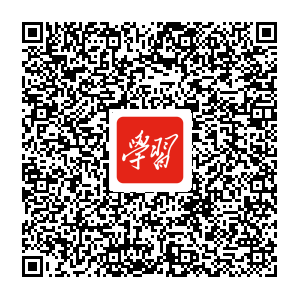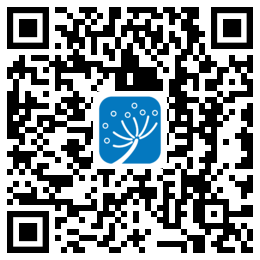# Hot Search #
On May 18, the inaugural Global International Student Entrepreneurship Competition·AIGC Special Competition successfully concluded in Shanghai. This international event attracted over 100 international students from 30 countries, including Bangladesh, Rwanda, Nigeria, Afghanistan, and Morocco.
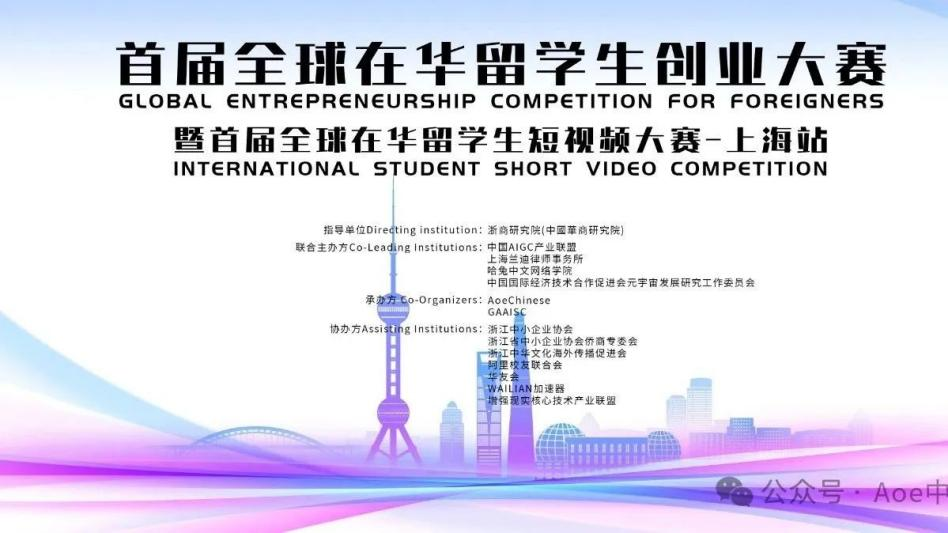
Six teams made it to the finals and participated in the roadshow, with three of those teams coming from East China Normal University. Maxwell Ziwa and Ruby Lim, 2021 BBA international students from the Asia-Europe Business School (AEBS), led their teams to win first and second prizes respectively in the fierce competition.
Maxwell Ziwa's team won first place with their "Sign Language Translation Robot." The team recognized the significant communication barriers faced by the hearing-impaired and aimed to create a barrier-free communication environment through technological means. This robot can accurately recognize gestures and provide highly accurate and responsive real-time translation using sign language recognition and translation technology based on the Intel AIPC architecture. It addresses the communication gap between hearing-impaired individuals and non-sign language users, offering a low-cost, high-accuracy sign language recognition and translation device to promote social inclusivity and barrier-free environments. Their "Gesture Real-time Translation System" has already been successfully applied in real-world scenarios, demonstrating excellent results.
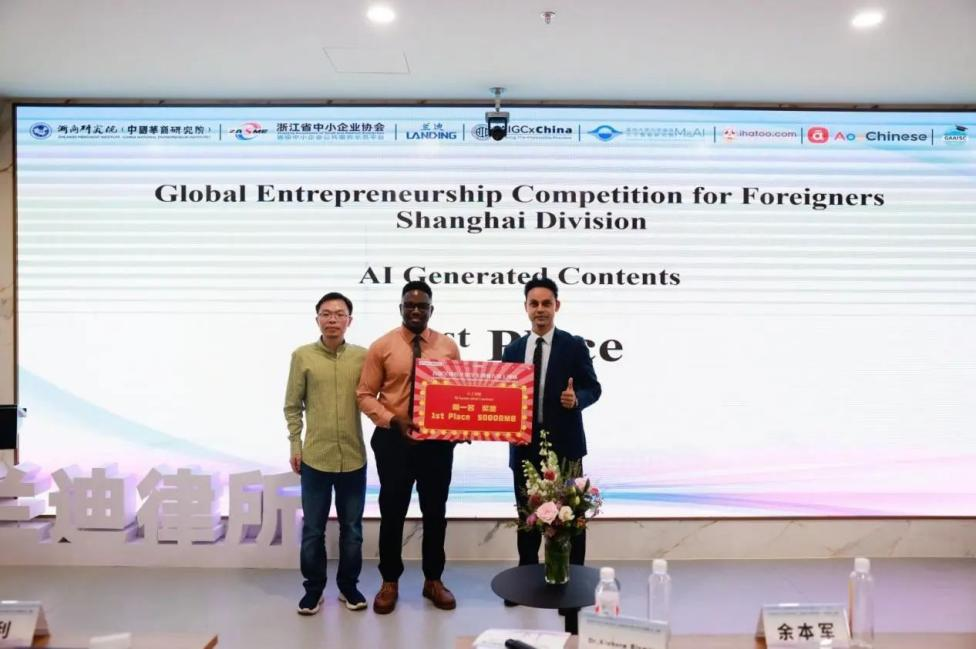
Maxwell's Speech:
"At the competition, my focus was on presenting a technology-driven solution to bridge the communication gap for the hearing-impaired community. Our device uses the latest AI technology to translate sign language into spoken and written language, ensuring smooth communication between the hearing impaired and others. Winning the first prize was not just a professional victory but a validation of a personal cause. This competition tested and showcased our commitment to making a significant social impact through technology. Thank you to everyone who contributed to this project and supported us through this journey. I am excited about the future and the changes we are poised to bring."
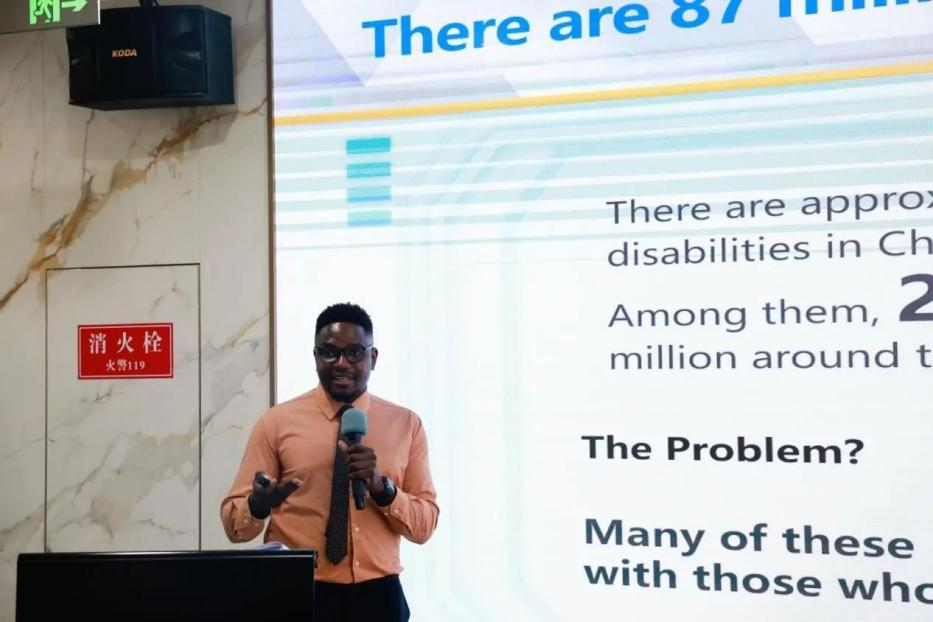
Ruby Lim's team project on the other hand won second place by developing an exoskeleton rehabilitation robot, providing an innovative rehabilitation training tool for China's large elderly population and disabled individuals. This robot can automatically collect and analyze patients' motion data, guide muscle movement training based on their specific conditions, restore physical functions, provide personalized rehabilitation training plans, and monitor patients' exercise quality and recovery progress in real-time, promoting a more efficient and precise rehabilitation process to improve their quality of life. The project not only enhances patients' autonomy and reduces caregivers' burdens but also improves rehabilitation efficiency, reducing dependence on professional therapists and lowering overall medical costs. Additionally, the exoskeleton robot can help outdoor enthusiasts enhance their climbing abilities, allowing them to enjoy more outdoor activities.
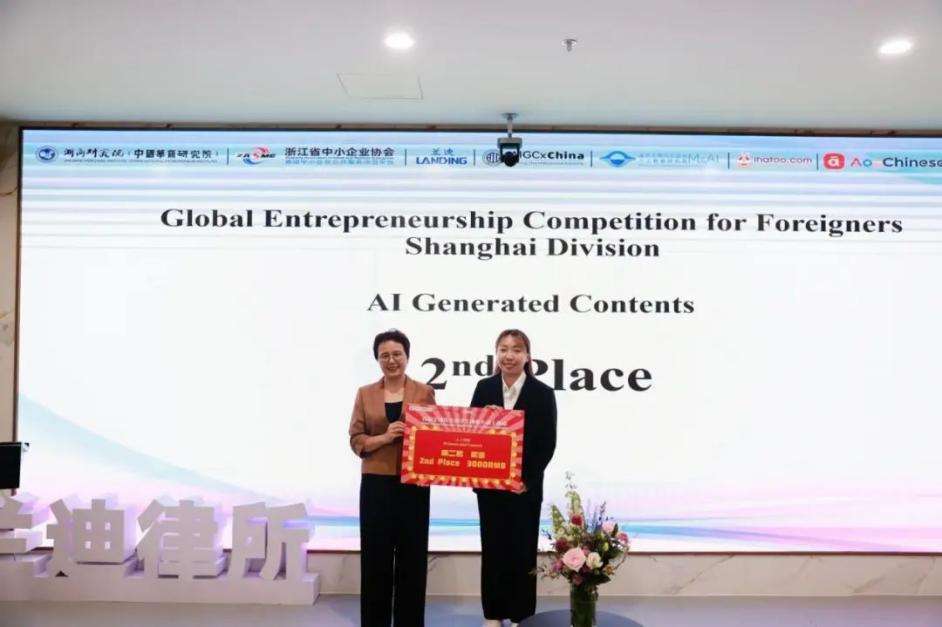
Ruby's Speech:
"It was interesting to join the entrepreneurship competition, and it is an honor to win the second prize. My team's project, the Exoskeleton Rehabilitation Robot, focuses on training muscle movements and assisting in injury recovery more efficiently. With the large elderly population in China needing mobility assistance, this robot will certainly help them. We have received compliments from the judges, who encouraged us to sell the product on e-commerce platforms, widening our reach to different customers. Our team hopes to see more people utilizing this useful rehabilitation robot in the future."
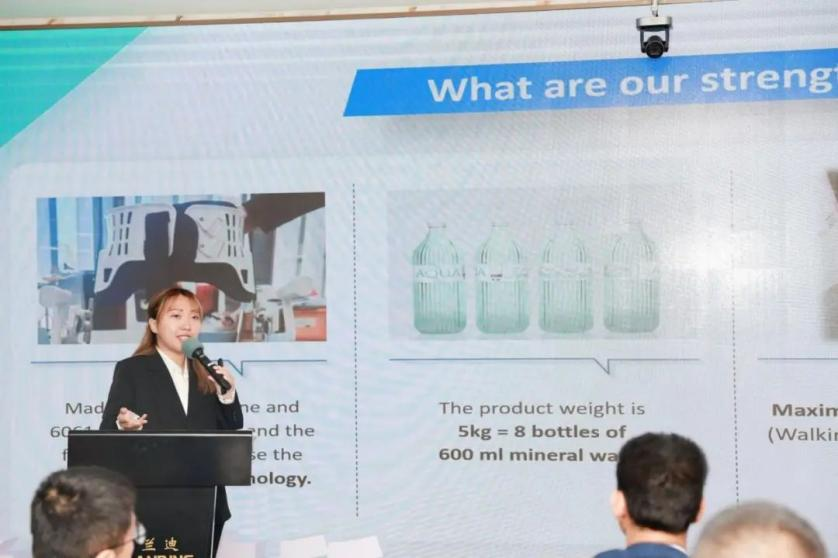
This competition showcased the innovative spirit of Asia-Europe Business School’s international students and AIGC's deep insight into empowering thousands of industries.
In recent years, AEBS has placed a high emphasis on artificial intelligence education, integrating smart business concepts into foundational courses to cultivate students' competitiveness in the AI era. AEBS emphasizes the development of innovative leadership by stimulating students' creative thinking and leadership potential through teamwork and entrepreneurial projects. It actively connects with alumni resources to support students' career development and entrepreneurial practice. More importantly, the school is actively building a "technology-business consortium," combining technology with management, enhancing industry-education integration, and providing students with opportunities to engage with industry frontiers and participate in real-world projects, thereby comprehensively supporting student development.
The inaugural Global International Student Entrepreneurship Competition·Shanghai AIGC Special Competition is a technology entrepreneurship event specifically designed for international students. This competition not only provided a broad platform for global students to showcase their creativity and achievements but also aimed to uncover their innovative potential and cultivate a new generation of entrepreneurs with international vision and social responsibility. Over several months of intense competition, more than 100 international students from over 30 countries, including Bangladesh, Rwanda, Nigeria, Afghanistan, and Morocco, showcased their deep insights and practical applications of AIGC technology through innovative projects such as smart healthcare, digital personal doctors, sign language translation, autonomous driving technology, elderly companionship systems, and AI fashion models.
Source: Asia-Europe Business School
Copy editor:Philip Nash
Editor: Xu Xincheng

